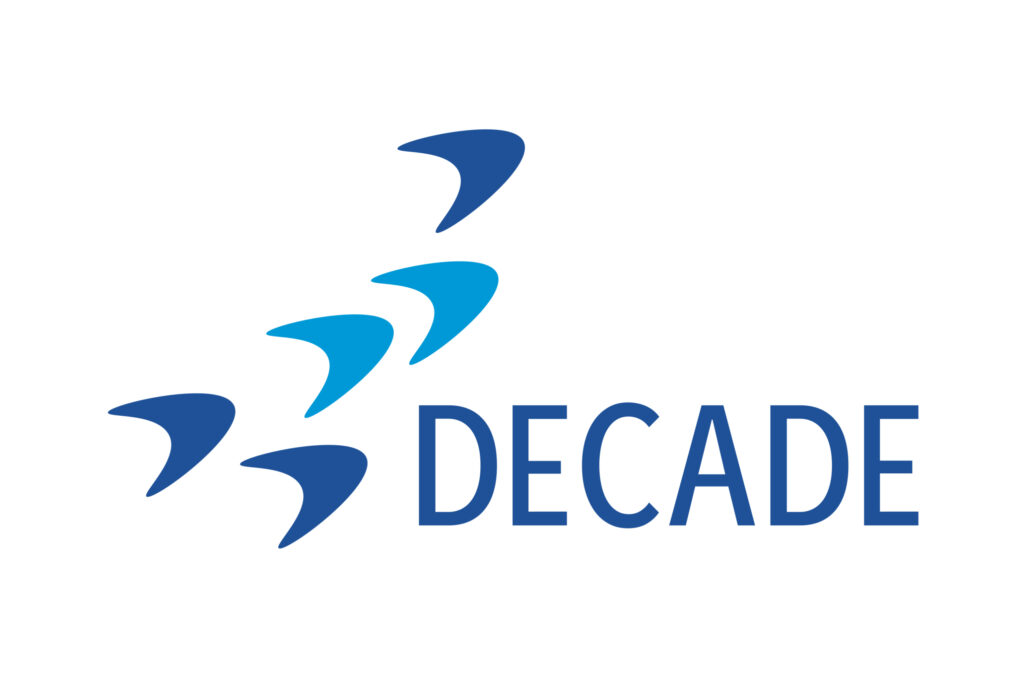Fighting bowel cancer with AI
Bowel cancer is one of the most common and deadly types of cancer in Germany. Every year, around 58,000 people are diagnosed with the disease. If detected early, bowel cancer is easily curable. However, despite significant advances in screening and treatment, physicians still face challenges in diagnosis and prognosis. This is where DECADE – Decentralized artificial intelligence for diagnosis, prognostication and response prediction in Colorectal Cancer – comes in. Several German university hospitals are working together to investigate how the use of artificial intelligence (AI) and swarm learning (SL) can significantly improve the care and treatment of colorectal cancer patients. AI is already capable of analyzing large amounts of data and recognizing certain patterns. The insights gained from this can help to better predict the course of the disease or to make more individualized diagnoses. The aim of this research project is to use AI and SL to significantly improve the treatment of colorectal cancer patients.
Train medical AI models without exchanging data
AI tools have so far only been used hesitantly in routine clinical practice. One reason is that data exchange between hospitals is severely restricted by legal and ethical hurdles, especially in Germany. One solution to this problem is swarm learning. With swarm learning, several institutions can jointly train medical AI models without exchanging data. By using decentralized artificial intelligence and swarm learning. In cancer research, privacy laws and ethical hurdles make it difficult to share sensitive patient data between different research institutions, even though many patients are in principle in favor of their data being used for research purposes. Swarm learning makes it easier to meet privacy requirements. Swarm learning is a special form of machine learning in which models are trained without exchanging actual data between participants. The coordination and merging of models is done via a blockchain, eliminating the need for a central instance. The DECADE project builds on this method to use SL-based AI technology to solve real-world clinical problems related to colorectal cancer.
The project partners will use SL to develop AI algorithms for diagnosing and subtyping colorectal cancer and predicting disease progression. In doing so, they are setting a precedent for the use of SL in medicine that can serve as a template for any AI system in the healthcare sector. After all, more powerful AI systems could help physicians detect bowel cancer at an earlier stage and treat it more effectively. This could support medical staff and improve the care and treatment of colorectal cancer patients.
Facts and figures
Coordinator: TU Dresden
Number of Partners: 5
Start Date: July 1, 2023
End Date: June 30, 2026
Total Funding: € 1,5 million
This project has received funding from the Deutsche Krebshilfe under grant agreement No. 70115166.

Views and opinions expressed are however those of the author(s) only and do not necessarily reflect those of the Deutsche Krebshilfe and the granting authority can’t be held responsible for them.


